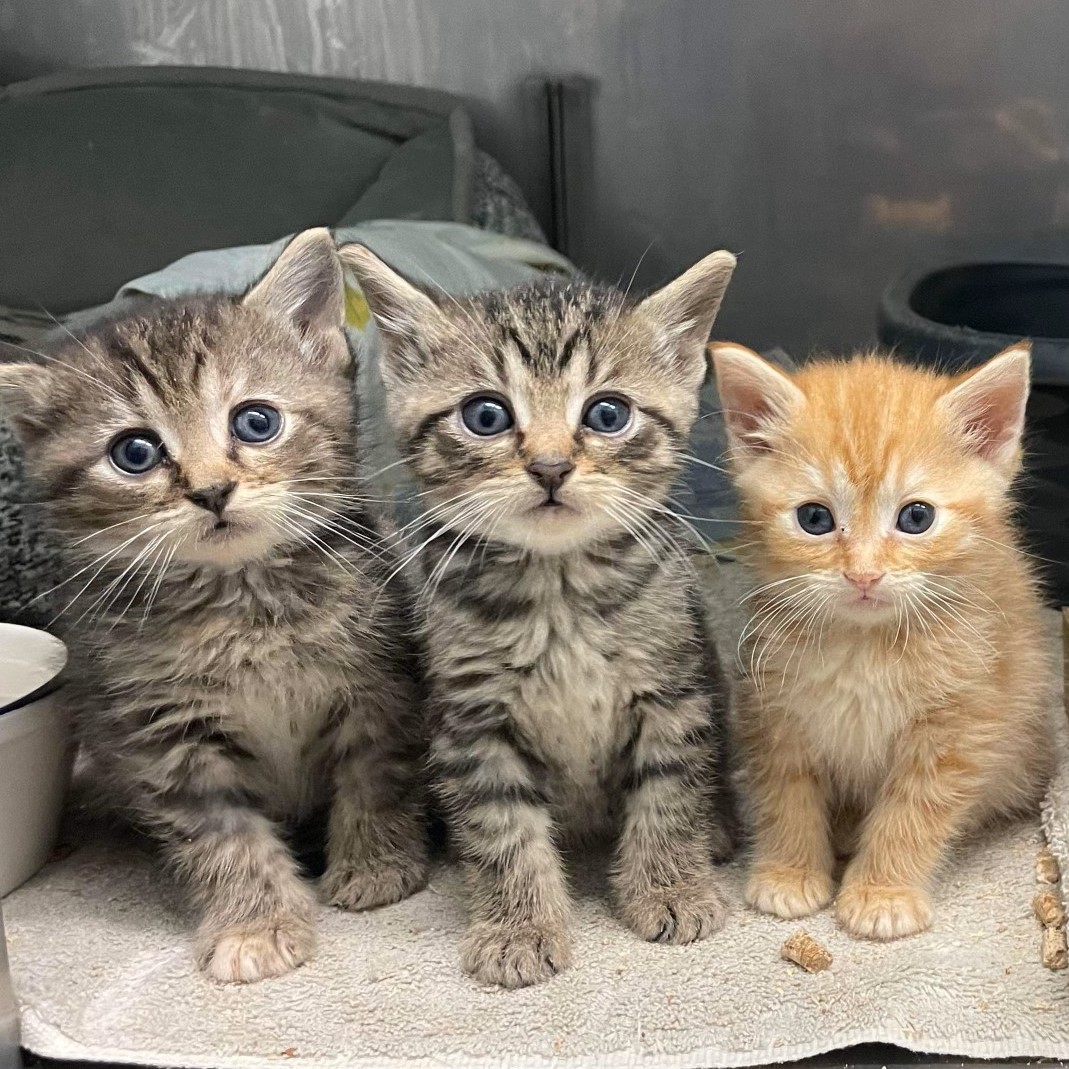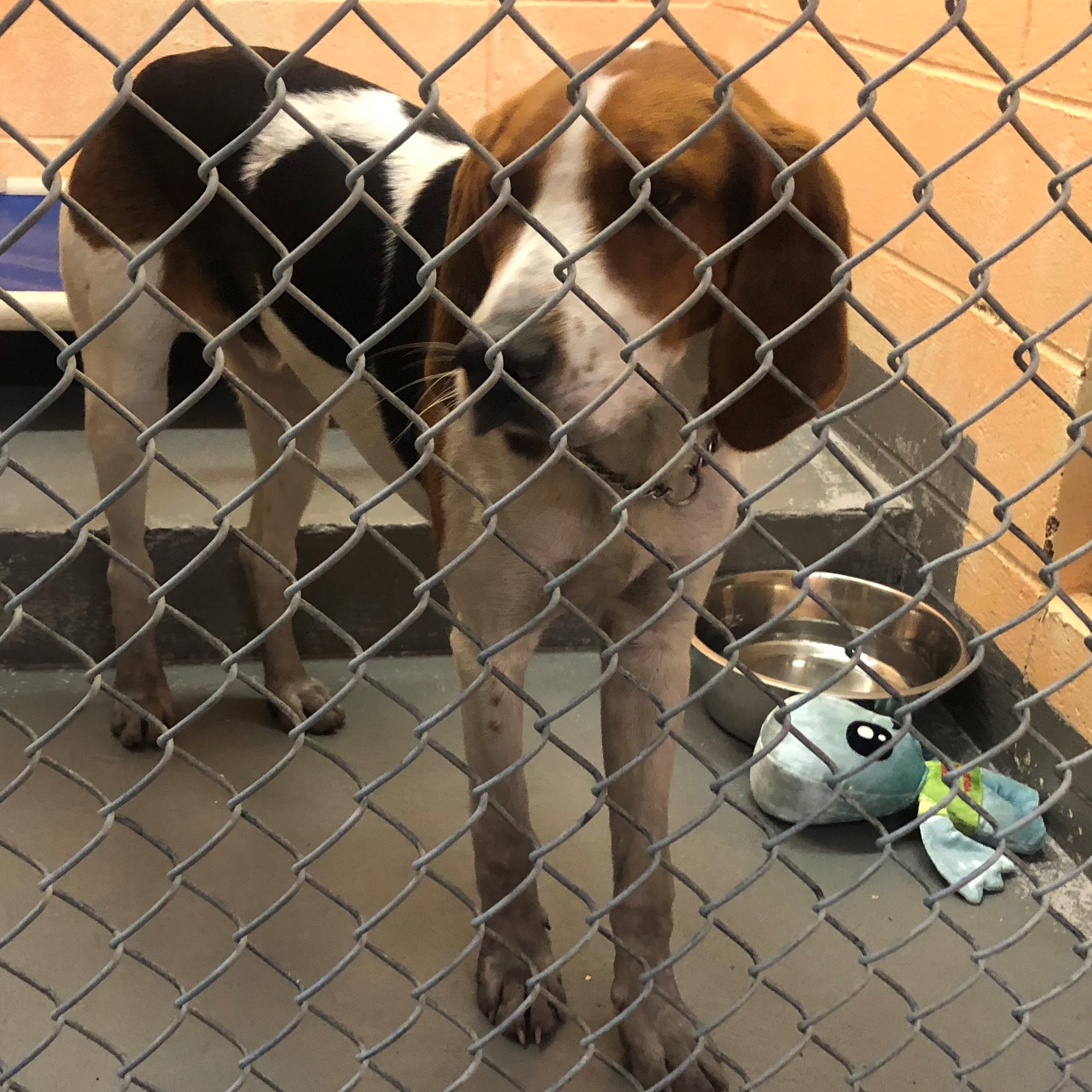Animal welfare can be a tricky career to navigate when it comes to mental health. We work at a sprinter's pace but with a surgeon's eye for detail. We spend tremendous amounts of money on the animals but we pinch pennies when it comes to our own comforts. We do our best not to take our work home but at the end of each day the pleading eyes and wagging tails of our own four-legged family members remind us of what we left at the office. Like so many of our colleagues in this field, we've been operating in crisis mode for so long, we've forgotten what normal feels like.
The stress of caring for living, breathing beings can be extreme. When you add in the stresses that come with global medical emergencies, an aging building, too many animals, and not enough money you can reach a point of desensitization. You can become so conditioned to the stress that you think you're functioning at your peak; until the situation changes and you realize you've been barely holding it together.
For most of the last four years, our capacity of 144 animals has been a bit of a joke. Not a funny joke; more of a ridiculous notion. At the beginning of December when our animals in care dropped below 200 for the first time since 2021, we held our collective breath. Was it just a momentary lull or a sign that life in the shelter was returning to something closer to ordinary? Now, as we roll into February of 2024, it seems like the trend is moving in the right direction. We're breathing regularly, we're catching up on tasks that were set aside in order to address more urgent issues and we're realizing the emotional toll this endless odyssey has taken. We have done an extraordinary job for the animals but we haven't been so kind to ourselves. We have lost some things along the way.
The first thing we lost was a sense of time. I can't tell you how many conversations I've heard or that I've been part of, that contain some version of, "That was two years ago? I thought it was just last month." In the field of mental health, this is referred to as "hyperfocus" and one of the typical side effects of hyperfocus, is losing track of time.
The next thing we lost was our emotion. This is a self-preservation technique. When an individual or a group of individuals is locked in to one or two critical tasks over weeks, months or years, time is paramount so any extraneous response gets temporarily stashed away. Of course, it never disappears and often those emotions re-emerge at the most inopportune moment. It could be in the middle of a conversation with your family, or at a coffee shop, or even just walking down the street but when they finally burst through your façade, it's volcanic.
Perhaps the most complex loss has been that sense of job satisfaction. The staff of the Kingston Humane Society has achieved more in the last three years than any team I've had the privilege of working with. They've cared for, treated, saved and adopted out more animals than at any other time in our 140-year history. They've done all of that while being obstructed by a pandemic, a deteriorating building and unheard-of animal intake numbers. Their concentration rarely waivered, their motivation never waned and until now, they haven't had a minute to step back, look around and recognize all that they've accomplished.
So, as the tide of surrenders and intakes ebbs and we collectively catch our breath, you'll forgive us if we take some time to attend to all those items that were set aside and left to address later. When we started down this path, we had no idea that "later" would take nearly four years to arrive. Now that it's here, we're picking up the pieces, dusting ourselves off and slowly returning to normal. Of course, we're also keenly aware that, in the words of songwriter Bruce Cockburn, "The trouble with normal is, it always gets worse." That's okay. We've been through "worse" and we know we can handle it, but we're secretly hoping normal sticks around for a while.


